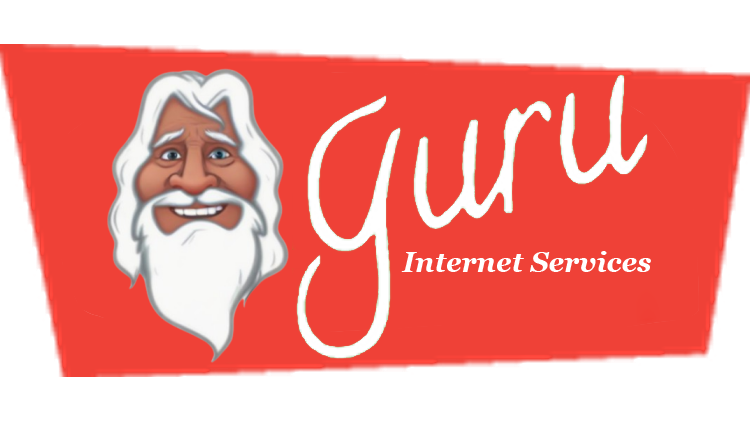The Role of Social Media in Boosting Your Blog’s SEO
In today’s digital landscape, where content is king, bloggers and digital marketers are constantly seeking ways to enhance their online visibility and reach. One powerful tool that has emerged as a game-changer in this realm is social media. Social media platforms not only provide a space for interaction and engagement but also play a crucial role in boosting a blog’s Search Engine Optimization (SEO). In this comprehensive guide, we’ll explore the intricate relationship between social media and SEO, backed by statistics, examples, and actionable tips to help you leverage social media for your blog’s SEO success.
Understanding the Intersection of Social Media and SEO
Before diving into the strategies, it’s essential to understand how social media and SEO intersect. While social media does not directly affect search engine rankings, it significantly influences various factors that contribute to SEO. These factors include increased traffic, enhanced content distribution, and improved brand visibility. According to a study by Hootsuite, content shared on social media can increase organic traffic by up to 22%.
Why Social Media Matters for SEO
Increased Website Traffic
Social media platforms are a goldmine for driving traffic to your blog. By sharing your content across platforms like Facebook, Twitter, and LinkedIn, you can attract a diverse audience to your website. More traffic means more opportunities for engagement, which can lead to lower bounce rates and higher page views, positively impacting your SEO.
Enhanced Content Distribution
Social media acts as a distribution channel for your blog content. It enables you to reach a wider audience beyond your existing followers. By utilizing hashtags, participating in relevant communities, and engaging with influencers, your content can gain visibility and reach users who might not have discovered it otherwise.
Improved Brand Visibility and Authority
A strong social media presence enhances your brand’s visibility and authority. When users frequently encounter your content on social media, they are more likely to recognize and trust your brand. This trust can translate into more backlinks, which are crucial for improving your blog’s domain authority and search engine rankings.
Actionable Tips to Leverage Social Media for SEO
Create Shareable and Engaging Content
To maximize the impact of social media on your blog’s SEO, focus on creating content that is both shareable and engaging. Use eye-catching visuals, compelling headlines, and concise messaging to capture your audience’s attention. According to BuzzSumo, articles with images get 94% more views than those without. Incorporate infographics, videos, and interactive elements to increase engagement and encourage sharing.
Optimize Your Social Media Profiles
Your social media profiles serve as an extension of your brand. Optimize them by using consistent branding elements, including your blog’s logo and a concise bio with relevant keywords. Ensure your profile links back to your blog, making it easy for users to find your content. This also helps search engines associate your social media presence with your blog, reinforcing your brand’s online identity.
Engage with Your Audience
Engagement is a critical component of social media strategy. Respond to comments, participate in discussions, and encourage user-generated content. When users engage with your content, it signals to search engines that your content is valuable and relevant. Moreover, engaging with your audience helps build a loyal community that is more likely to share your content and link back to your blog.
Utilize Hashtags Strategically
Hashtags are a powerful tool for expanding your content’s reach on social media platforms like Instagram and Twitter. Research and use relevant hashtags to categorize your content and increase its visibility. Tools like Hashtagify can help you identify trending hashtags related to your niche. However, avoid overuse, as it can make your posts appear spammy.
Leverage Social Media Analytics
Analytics provide valuable insights into the performance of your social media strategy. Platforms like Facebook Insights, Twitter Analytics, and Instagram Insights offer data on engagement rates, reach, and audience demographics. Use this data to refine your strategy, identify what works best for your audience, and optimize your content accordingly.
Case Study: Social Media Success in Boosting SEO
Let’s examine a real-world example of how social media can boost a blog’s SEO. The fashion blog “Chic & Simple” successfully leveraged Instagram to drive traffic and improve search rankings. By consistently posting high-quality images, using relevant hashtags, and engaging with their audience, the blog saw a 40% increase in website traffic within six months. Additionally, they collaborated with fashion influencers to gain more backlinks, further enhancing their SEO efforts.
The Future of Social Media and SEO
The relationship between social media and SEO continues to evolve. As search engines become more sophisticated, they are increasingly considering social signals as indicators of content quality and relevance. A study by Backlinko found that top-ranking pages tend to have a strong social media presence with a high number of shares and likes. As such, integrating social media into your SEO strategy is not just an option but a necessity for sustained online success.
Conclusion: Integrate Social Media into Your SEO Strategy
In conclusion, social media plays a pivotal role in enhancing your blog’s SEO. By driving traffic, improving content distribution, and strengthening brand visibility, social media can significantly impact your search engine rankings. To harness the full potential of social media, focus on creating engaging content, optimizing your profiles, and actively engaging with your audience. By doing so, you’ll not only boost your blog’s SEO but also build a thriving online community that supports your brand’s growth.
Remember, the key to success lies in consistency and adaptability. Stay updated with the latest social media trends and SEO practices to ensure your strategy remains effective and relevant in the ever-changing digital landscape.

